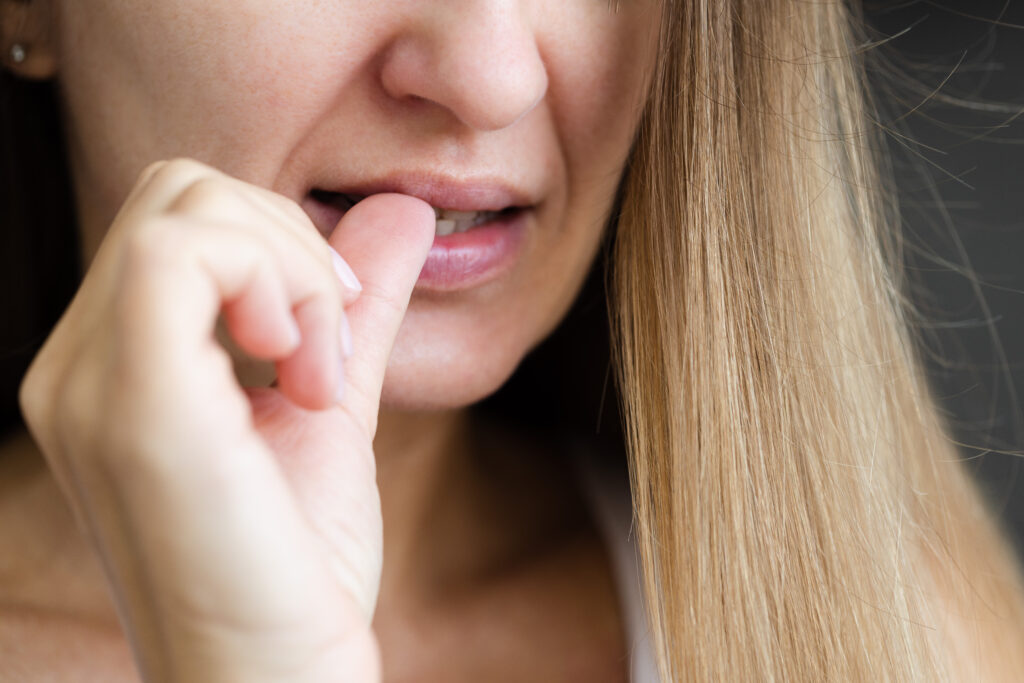
Relationships are meant to be sources of support, love and growth. However, when one or both individuals are not healthy, the bond can become toxic, codependent and harmful. Understanding how to fix a codependent relationship and recognizing the signs of being “addicted” to a person are essential steps toward building more balanced, fulfilling connections with others. This blog will explore the nature of codependent relationships, determine whether one can be addicted to another person and provide actionable steps on breaking the cycle of codependence.
Can You Be Addicted to a Person?
Addiction usually refers to substances, but it can also extend to behaviors and relationships. In short, yes, you can be addicted to a person. Relationship addiction, also known as love addiction, involves an obsessive and compulsive need for another person. This addiction often stems from deep-seated fears of abandonment and low self-esteem, leading to unhealthy patterns of attachment.
Signs of being addicted to a person include:
– Obsessive Thoughts: Constantly thinking about the person, their actions and their approval
– Neglecting Self-Care: Prioritizing the other person’s needs over your own to a harmful extent
– Emotional Dependency: Feeling anxious or worthless without the person’s presence or validation
– Compromising Values: Making significant sacrifices that go against your values or well-being to keep the person happy
How to Stop Being Codependent
Codependency is characterized by an excessive reliance on another person for emotional or psychological support. It often involves one partner taking on a caretaker role and the other becoming overly dependent. Breaking free from codependency requires self-awareness, effort and sometimes professional help. Here’s how to stop being codependent:
-
Recognize the Signs
The first step in addressing codependency is to acknowledge its presence. Common signs include:
– Low Self-Esteem: Feeling inadequate or unworthy
– People-Pleasing: Going to great lengths to satisfy others, often at your own expense
– Poor Boundaries: Struggling to say no or set limits in relationships
– Caretaking: Feeling responsible for other people’s feelings and problems
-
Establish Boundaries
Healthy relationships require clear boundaries. Start by identifying areas where you need to set limits. Practice assertiveness and learn to say no without feeling guilty. This can help you reclaim your sense of self and protect your well-being.
-
Focus on Self-Care
Prioritize your own needs and interests. Engage in activities that bring you joy and fulfillment. Self-care isn’t selfish; it’s necessary for maintaining a healthy sense of self.
-
Seek Professional Help
Therapy can be instrumental in overcoming codependency. A therapist can help you explore the root causes of your behavior, develop healthier coping mechanisms and build stronger, more balanced relationships.
How to Fix a Codependent Relationship
If you recognize codependent patterns in your relationship, addressing them together is crucial. Here are steps on how to fix a codependent relationship:
-
Open Communication
Honest and open communication is vital. Discuss your feelings and concerns with your partner without placing blame. Express your desire for a healthier, more balanced relationship.
-
Mutual Boundaries
Work together to establish and respect each other’s boundaries. This includes personal space, time for individual interests and emotional independence.
-
Encourage Independence
Support each other in pursuing individual goals and interests. Encouraging personal growth can strengthen your bond and reduce unhealthy dependency.
-
Professional Counseling
Couples therapy can provide a safe space to address codependency. A therapist can offer guidance, mediate conflicts and teach you how to develop a healthier relationship dynamic.
Building a Healthier Future
Overcoming addiction and codependency in a relationship is challenging but achievable. It requires self-awareness, communication and a commitment to change. Here are some tips for building a healthier future:
– Practice Self-Love: Cultivate a positive relationship with yourself. Recognize your worth and prioritize your well-being.
– Foster Mutual Respect: Build a relationship based on mutual respect, where both partners feel valued and supported.
– Balance Dependency: Aim for a balance between independence and interdependence. Healthy relationships involve two whole individuals supporting each other without losing their sense of self.
Fixing an addicted and codependent relationship and breaking free from unhealthy relationship patterns is possible with the right approach and mindset. It will require intention, hard work and dedication from both parties. Change starts with self-awareness and a willingness to seek help when needed. You can transform your relationship into a source of mutual growth and support with patience and effort.




